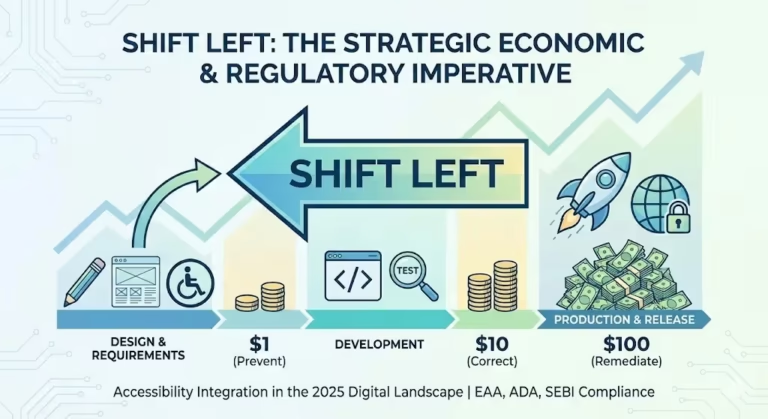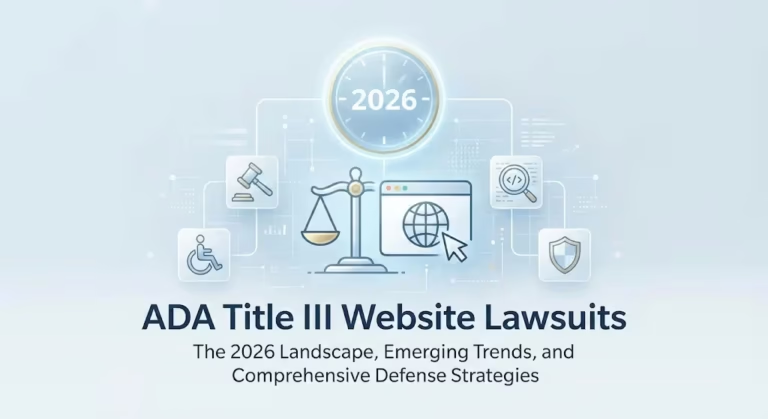Having a robust online presence is essential for any organization, and non-profits are no exception. Moreover, As non-profit organizations strive to make a positive impact on society, establishing a strong online presence becomes crucial in reaching a broader audience, attracting donors, and raising awareness about their causes. To achieve this, non-profits need effective website solutions tailored to their specific needs.
The Importance of a Well-Designed Website
A well-designed website serves as the foundation of an organization’s online presence. It is the virtual storefront that showcases the non-profit’s mission, projects, and achievements to the world. Aesthetics and user-friendliness play a significant role in keeping visitors engaged and encouraging them to explore more.
To achieve a visually appealing website, non-profits can utilize modern web design tools and templates. Many website builders cater to non-profits, offering specialized templates that align with their branding and goals. These solutions often require no coding knowledge, making it easier for non-profit teams to manage and update their websites independently.
Engaging Content for Meaningful Impact
A strong online presence extends beyond visual appeal. Engaging content is the heart of any successful non-profit website. Moreover, Informative and emotionally compelling content can create a powerful connection with visitors, motivating them to get involved or donate to the cause.
Non-profits can leverage their websites to share success stories, case studies, and updates about ongoing projects. Adding high-quality images, videos, and infographics can enhance the storytelling experience and convey the organization’s impact more effectively.
Responsive Design for Mobile Accessibility
In today’s mobile-driven world, having a website that adapts seamlessly to different devices is crucial. A responsive website design ensures that visitors have a consistent and pleasant user experience, whether they are accessing the website from a desktop computer, tablet, or smartphone.
Mobile accessibility is not only important for user experience but also for search engine rankings. Search engines like Google prioritize mobile-friendly websites in their search results, making it easier for non-profits to reach their target audience.
Integrating Donation and Volunteer Platforms
Non-profits rely heavily on donations and volunteer support to sustain and expand their operations. Integrating secure donation and volunteer platforms directly into the website streamlines the process for potential donors and volunteers, enhancing user convenience and trust.
There are various third-party platforms designed specifically for non-profits to accept online donations securely. Moreover, By integrating these solutions into their websites, non-profits can maximize their fundraising efforts and attract more support from individuals and corporate donors alike.
Emphasizing Transparency and Accountability
Transparency is a critical aspect of building trust with potential supporters and donors. Non-profit websites should provide clear information about their financials, how donations are utilized, and the impact they have achieved through their projects.
Including financial reports, annual reviews, and audited statements on the website demonstrates accountability and responsible stewardship of funds. Such transparency reassures donors that their contributions are making a genuine difference and encourages long-term support.
In conclusion, having effective website solutions for non-profits is indispensable for building a strong online presence. Secondly, A well-designed website with engaging content, responsive design, integrated donation and volunteer platforms, and a focus on transparency can elevate a non-profit’s impact and connect them with a wider audience of supporters. Lastly, By harnessing the power of the internet, non-profits can make a profound and lasting difference in the communities they serve.



